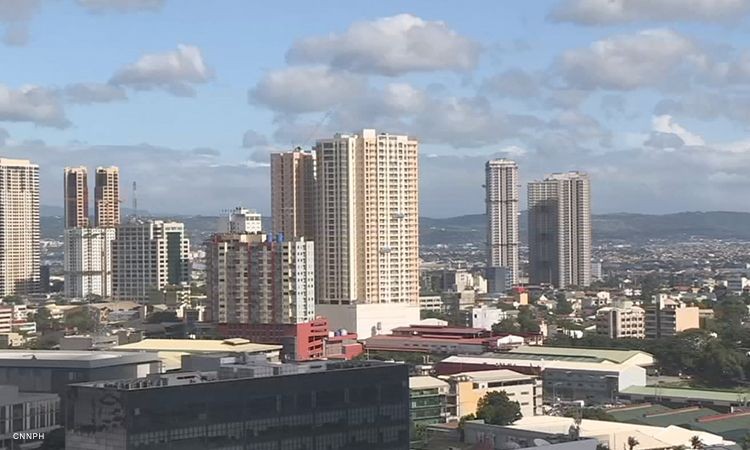
Metro Manila (CNN Philippines, April 14) — Credit ratings and research group Moody’s Investors Service has revised its outlook for the Philippine banking system to 'stable' despite economic risks resulting from the COVID-19 pandemic.
In a report issued earlier this week, the New York-based agency noted this reflects their expectations of a “mild economic recovery” supporting the operating environment for the country’s banks. However, it did note the recent surge in the country’s infections along with tighter quarantine rules will make the economy bounce back slower in the first half of 2021.
Moody’s stable outlook for the Philippine banking system shall be valid over the next 12 to 18 months. It issued a negative outlook for the system in April last year, citing then the unprecedented challenges ushered in by the coronavirus health crisis.
While still on the positive, certain institutions have announced downscaled growth forecasts for the Philippine economy this 2021 due to the alarming spike in COVID-19 cases recorded daily, and the resulting stricter quarantine rules.
On this vein, Moody’s also noted asset risks remain high with dampened business activity and consumer sentiment, along with a high unemployment rate. These, coupled with current mobility measures, will keep weighing on retail borrowers’ and small businesses capacity to settle debts, it added.
With the end to debt relief measures last year, nonperforming loans will rise this 2021, it added. The government earlier put in place grace periods for loan payments through the Bayanihan 1 and 2 laws to help Filipinos navigate through the pandemic.
RELATED: BSP: 30-day grace period for loans no longer applies in new round of ECQ
“Large corporate groups' debt repayment capacity deteriorated materially in 2020 and remains a key source of systemic risk because banks' loans are heavily concentrated on them,” Moody’s noted.
Still, the credit rater expects credit costs to go down with banks already setting aside what it considers “significant” loan loss provisions in 2020 in anticipation of a growth in bad loans. However, lingering asset risks will likely keep these costs high, it added.
“On the other hand, trading income is likely to decline as markets turn less volatile. Loan yields will decline as banks reprice their loans at lower rates amid abundant liquidity and weak credit demand,” Moody’s further explained, noting these factors will keep the profitability of banking institutions at last year’s levels.
Meanwhile, the company expects the banking system’s funding conditions to keep being “favorable,” since these are largely funded with deposits and risks to the stability of banks’ deposit bases remain low.
Moody’s emphasized as well how the Bangko Sentral ng Pilipinas had been “proactive” in injecting liquidity to the system to avoid any near-term stress resulting from abrupt economic changes, and that “weak” credit demand will also assist banking institutions in keeping ample liquidity buffer.
RELATED: BSP maintains interest rates at 2%, expects inflation to go over 2021 target range
“We expect the government to prioritize systemic stability and support for rated banks when needed. It is unlikely to adopt a bail-in regime in the next 12-18 months,” it added.
Source: CNN